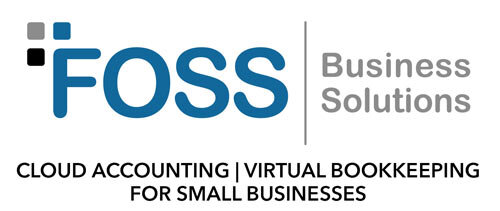Unfortunately, small and medium-sized businesses are more prone to internal fraud.
Without the appropriate staff to allocate financial duties, economic balance and absence of theft is often difficult to guarantee.
However, adopting a process known as segregation of duties will help your company establish controls to allocate a balance of tasks and a frequent review of financial records.
Here are 5 ways to prevent fraud within your company.
The Importance of Segregating Duties
Oversight - Distribute tasks involving money movement to multiple employees and evaluate financial records regularly. Engage a third party to oversee accounting functions. Employees will avoid fraudulent activity with the fear of being caught by an outside professional.
Checks and balances – Analyze employee information on payroll at least quarterly to catch any discrepancies, and consult managerial approval when adding new staff members.
Reconcile bank accounts - Balance accounts daily, review copies of canceled checks, and discard signature stamps to require manual signatures instead.
Control access to checks - Maintain an inventory of check stock, log received checks, lock the bulk in a safe, and require approval for new orders, all with multiple levels of controls in place. Also, consider having one person responsible for check stock and another responsible for approving check disbursements.
Review corporate card charges - Apply company credit card policies for qualifying business expenses and establish a petty cash fund for all cash functions to avoid the need for cash withdrawals on cards.
By applying these steps and other proactive controls, your company can decrease the chance of harmful loss from internal theft. If you do not have the internal staff to segregate duties, consider an outside service provider to oversee accounting functions.



